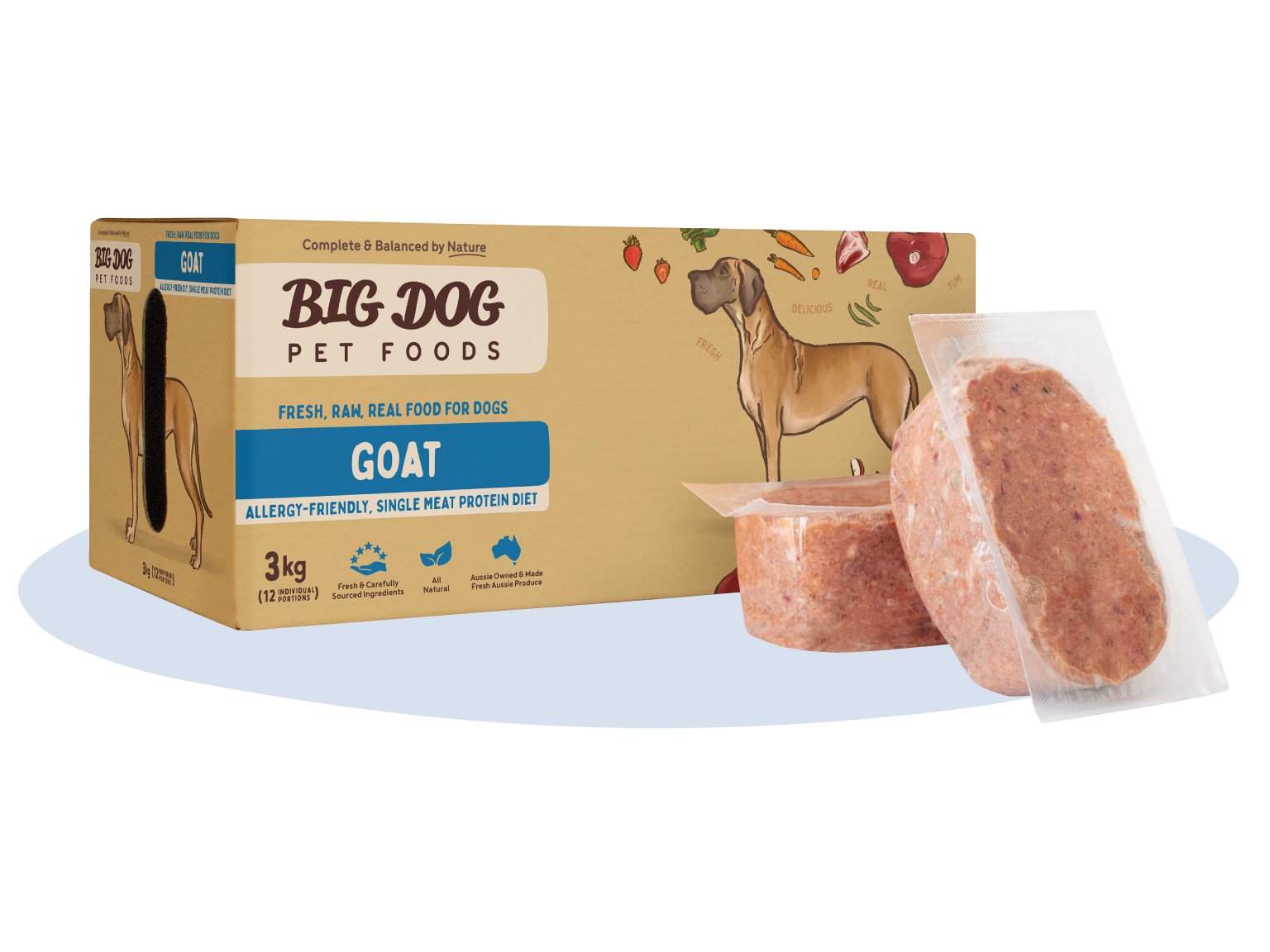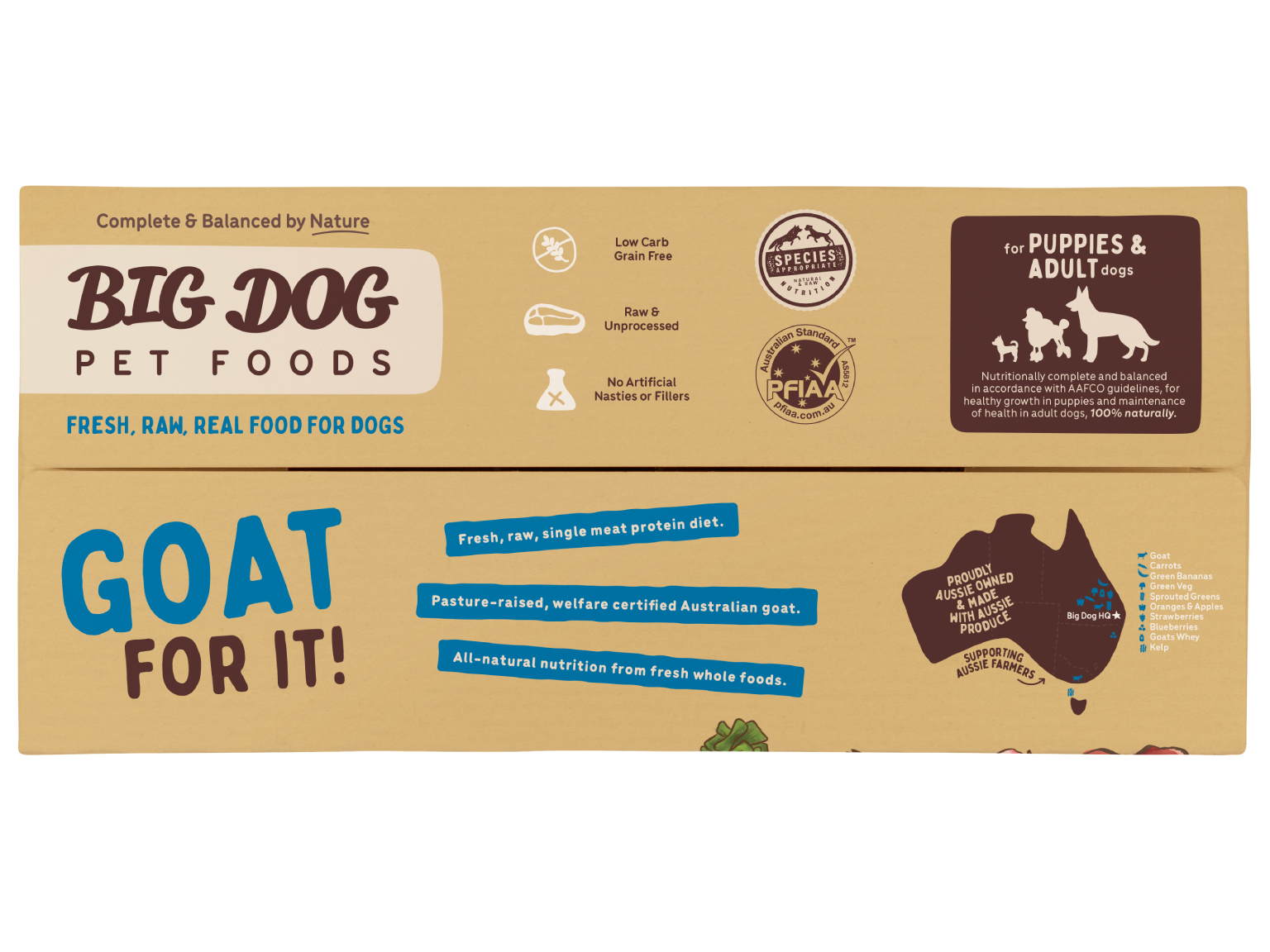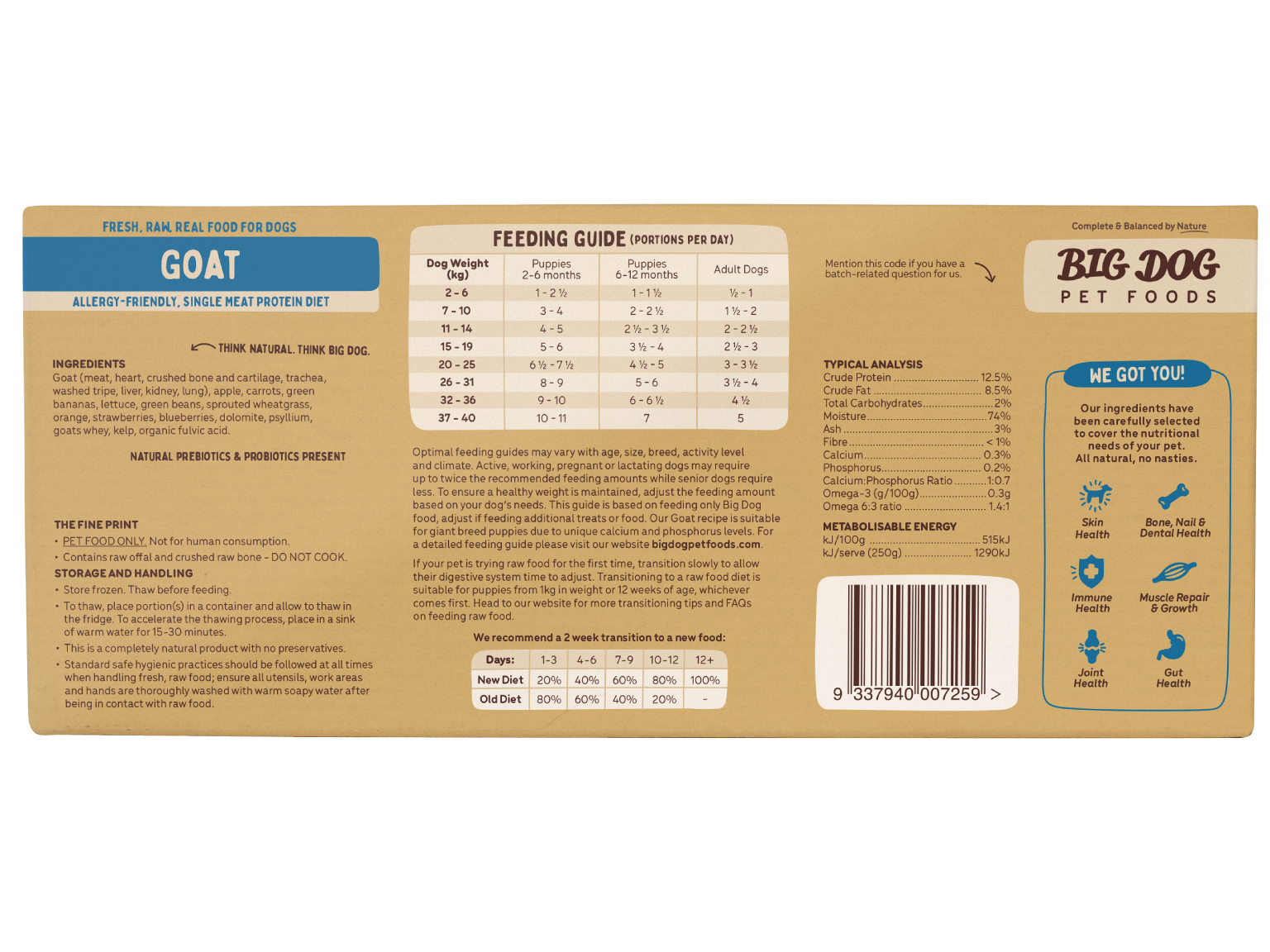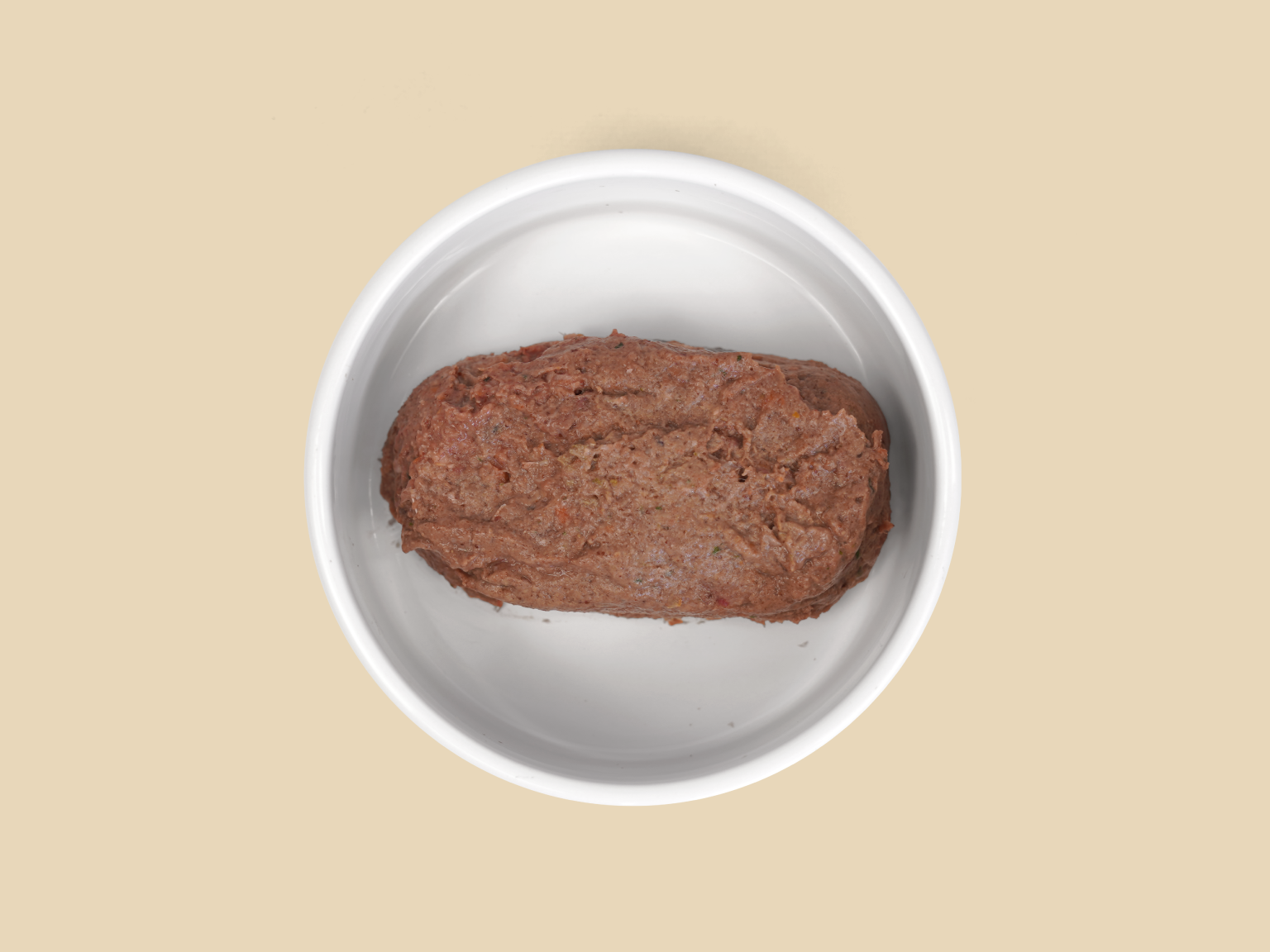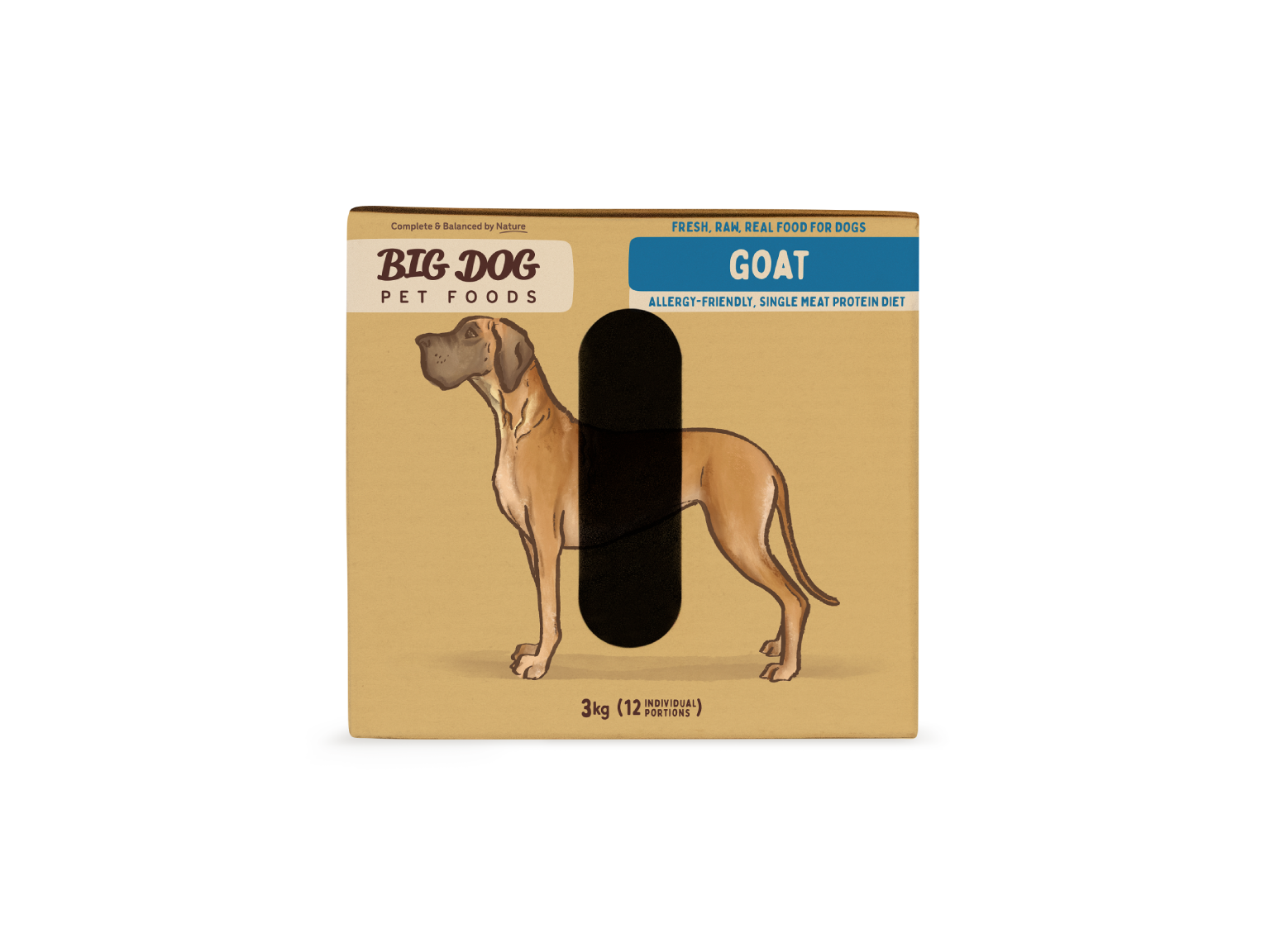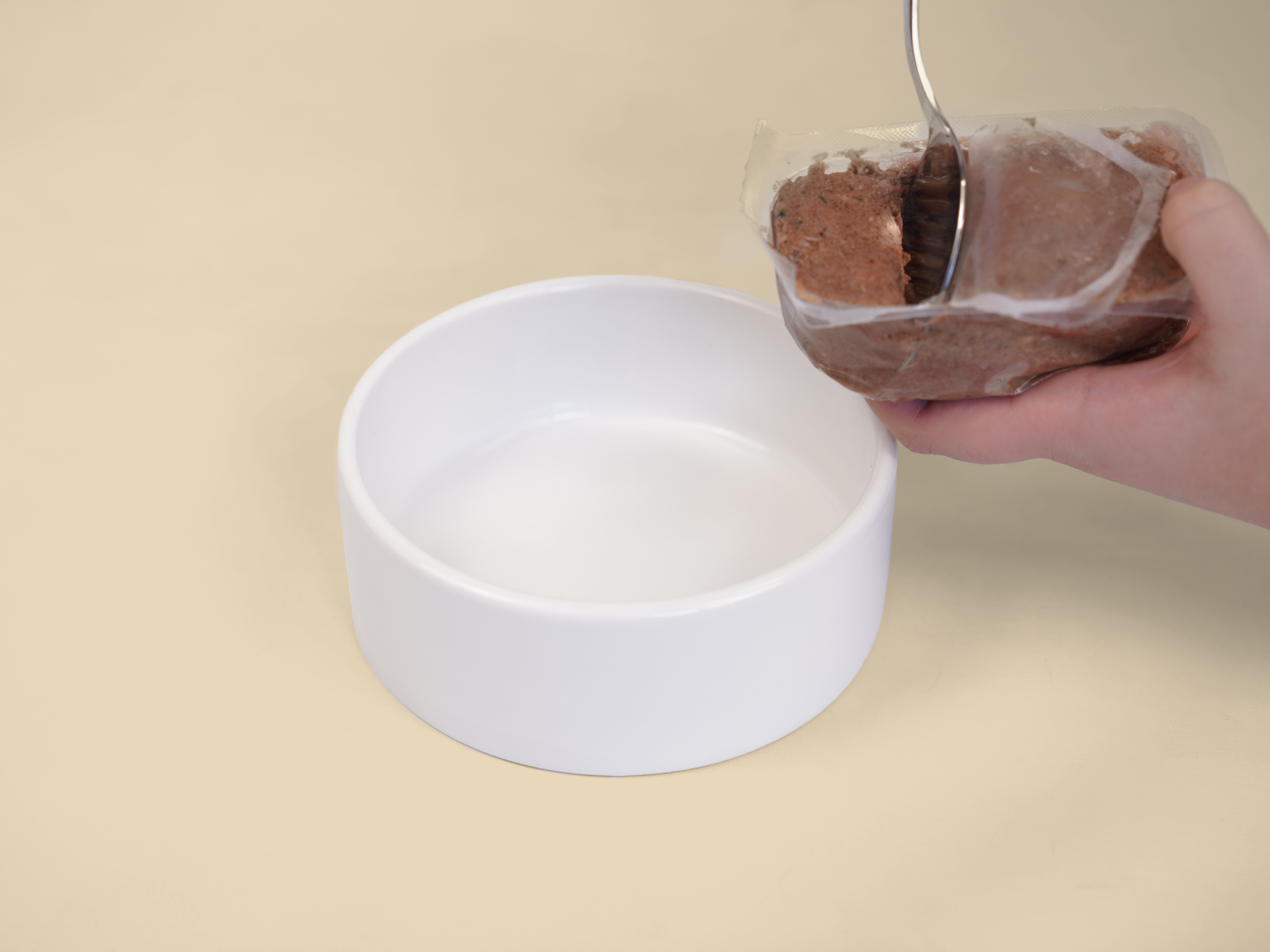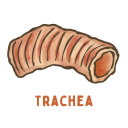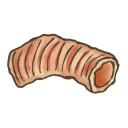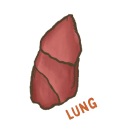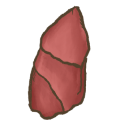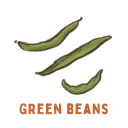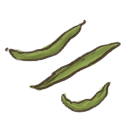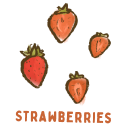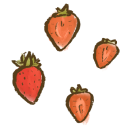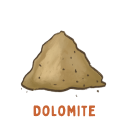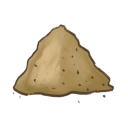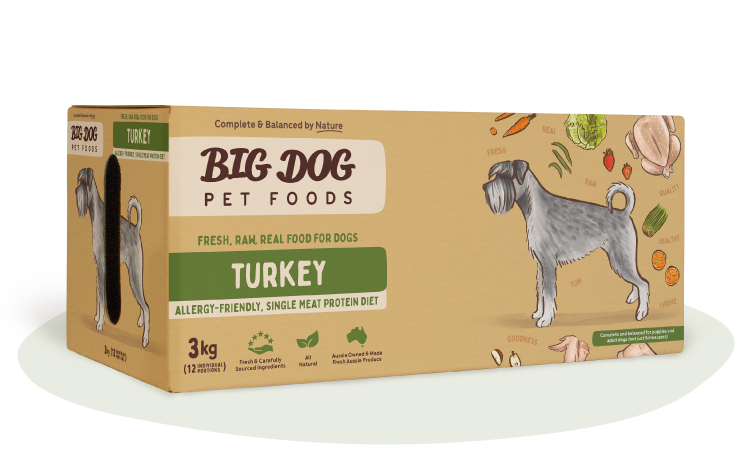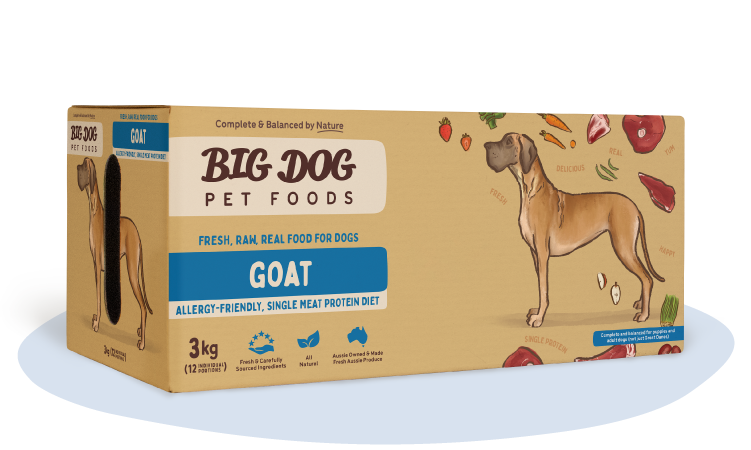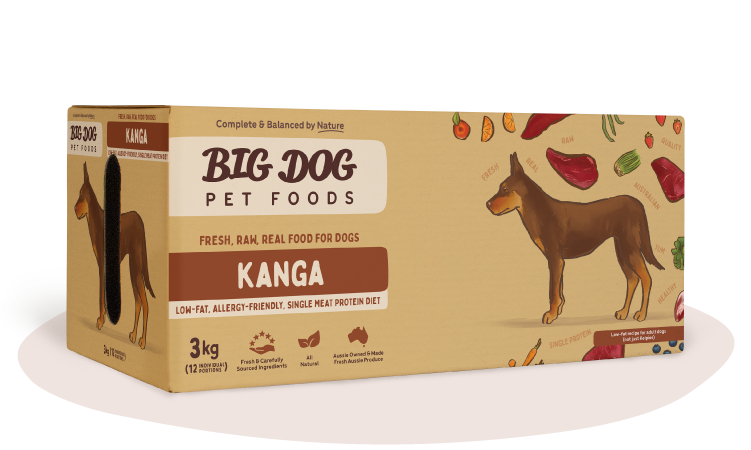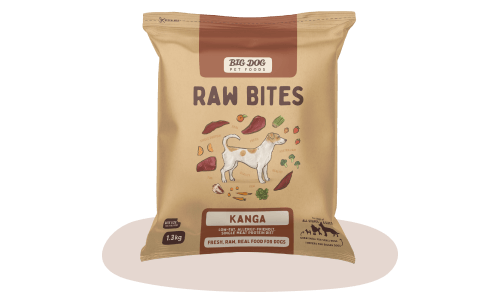Goat Low Allergy, Single Protein Raw Diet
Big Dog Goat, a low-allergen single-protein diet sourced from pasture-raised Australian goats, is ideal for dogs allergic to other meats. Blended with nutrient-dense ingredients for optimal health.
Price
Size
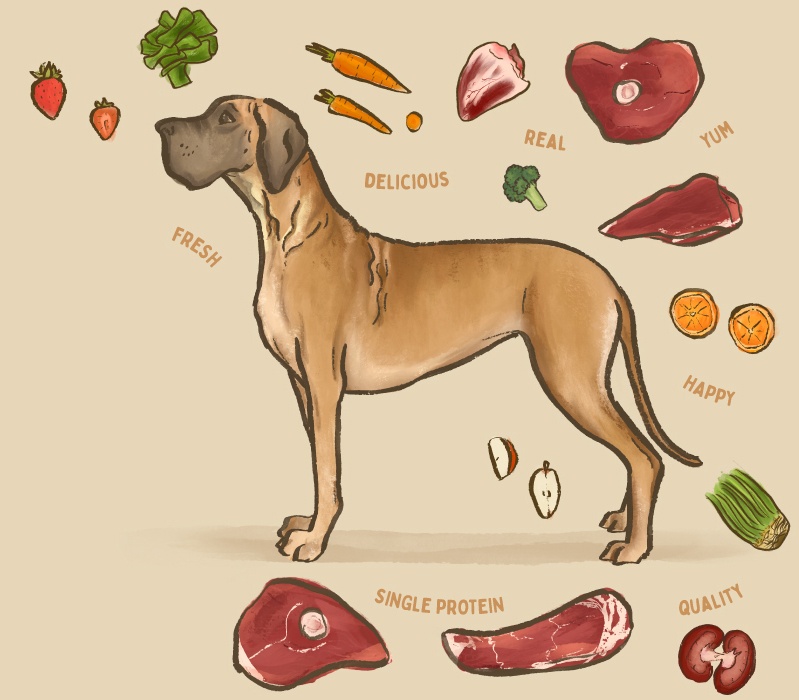
Goat for it!
Goat is a high-quality source of easily digestible protein for dogs and a great option for dogs who are allergic to other meat proteins. Pasture-raised, Australian goat used in this single-protein diet has had no exposure to environmental chemicals, making it even more suitable for dogs that suffer from allergies.
As with all our diets, this recipe wouldn’t be complete without a balanced blend of nutrient-dense fruits and vegetables, as well as Big Dog’s special extra ingredients. This recipe includes extra good stuff like sprouted wheatgrass, psyllium, goats whey, kelp and organic fulvic acid for optimal health and wellbeing.
Big Dog Single Protein Goat is Complete and Balanced by AAFCO standards for healthy growth in puppies and maintaining health in adult dogs.
High quality Raw Ingredients.. Always
At Big Dog we always use the highest quality human grade food sourced from Australian suppliers and local farms.
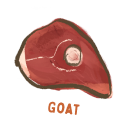
Goat Meat
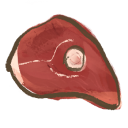

Heart
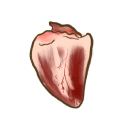
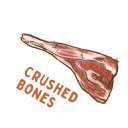
Crushed bone
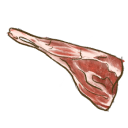
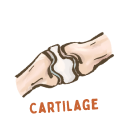
Cartilage
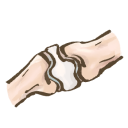
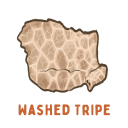
Washed Tripe
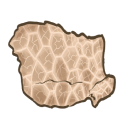
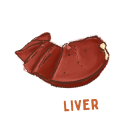
Liver
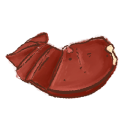
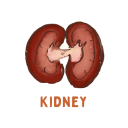
Kidney
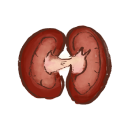
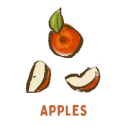
Apples
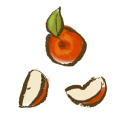

Green Bananas
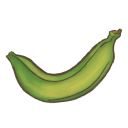
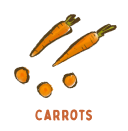
Carrots

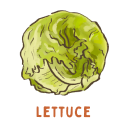
Lettuce
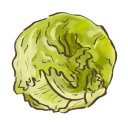
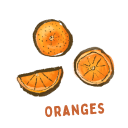
Oranges
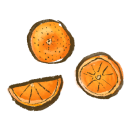
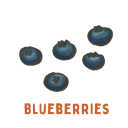
Blueberries
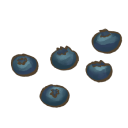
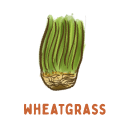
Sprouted Wheatgrass
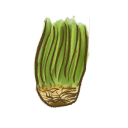
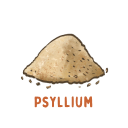
Psyllium
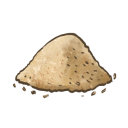
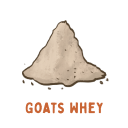
Goats Whey
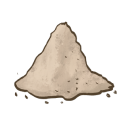
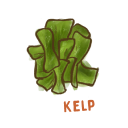
Kelp
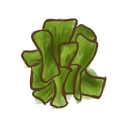
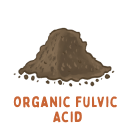
Organic Fulvic Acid
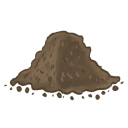
.png)
find out more

How to Raw Feed Your dog
- Calculate how much your pet needs to eat.
- Defrost their portion until thawed.
- Serve their meal!
How much to feed your pet
- Calculate how much your pet needs to eat.
- Defrost their portion until thawed.
- Serve their meal, and enjoy better dog poo!
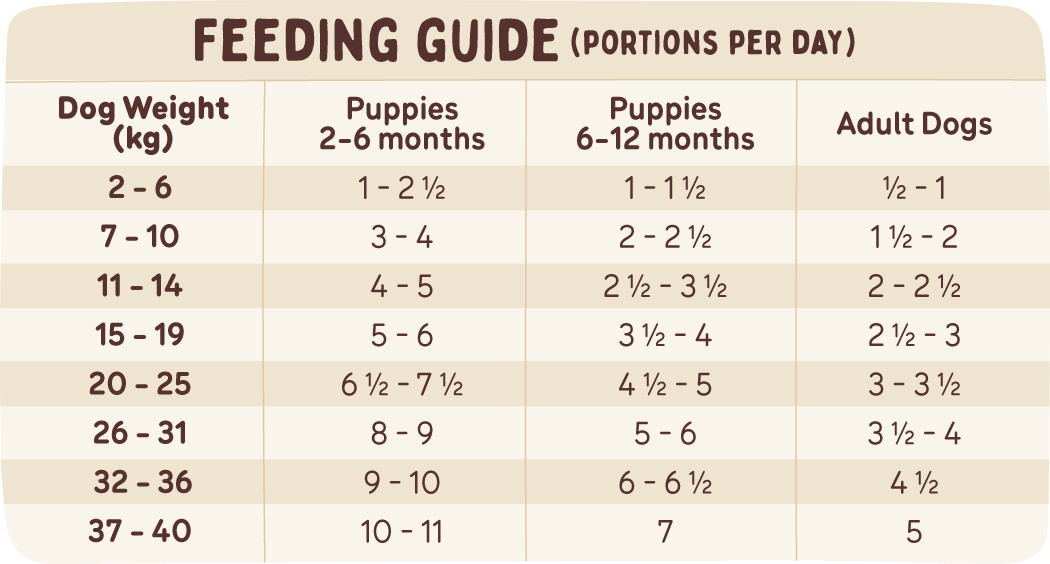
How to Transition to a Raw food diet
We recommend a 2 week transition to a new food:


Nutritional Info
Typical Analysis
Ingredients
Goat (meat, heart, crushed bone & cartilage, trachea, washed tripe, liver, kidney, lung), apple, carrots, green bananas, lettuce, green beans, sprouted wheatgrass, orange, strawberries, blueberries, dolomite, psyllium, goats whey, kelp, organic fulvic acid.
Storage and Handling
Store frozen
Be sure to keep raw food frozen until ready for thawing. Thaw before feeding, avoid re-freezing.
Storage and Safety
This is an all-natural product with no preservatives; once thawed it must be used within 2-3 days. Keep thawed portions in a sealed, airtight container in your refrigerator. Do not cook as our recipe contains bone. It is important to discard any thawed product that no longer look or smells fresh.
Defrost Properly
To thaw, place portion in a container and allow to thaw in the fridge. To accelerate the thawing process, place in sink of lukewarm water for 15 - 30 minutes, ensuring not to cook.
Wash Well
Standard safe hygienic practices should be followed at all times when handling fresh, raw food; ensure all utensils, work areas and hands are thoroughly washed with warm soapy water after being in contact with raw food.
The Fine Print
- PET FOOD ONLY made from fresh and carefully sourced ingredients but not for human consumption.
- Contains raw offal and crushed raw bone - DO NOT COOK.
- Batch-to-batch variation may result from the use of fresh, seasonal produce.
How to use this product
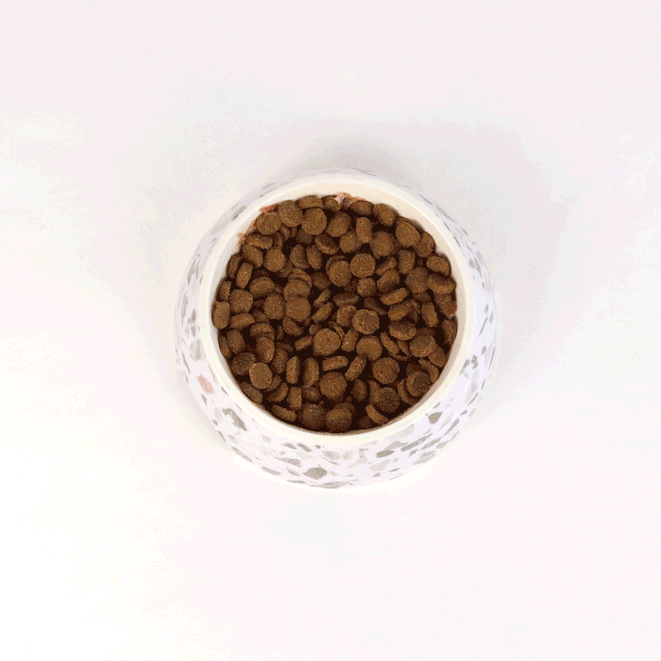
How to transition your dog to raw food easily
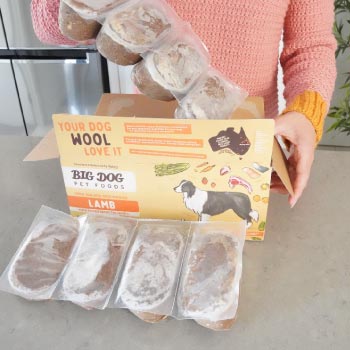
How do I Handle and Store Raw Dog Food?
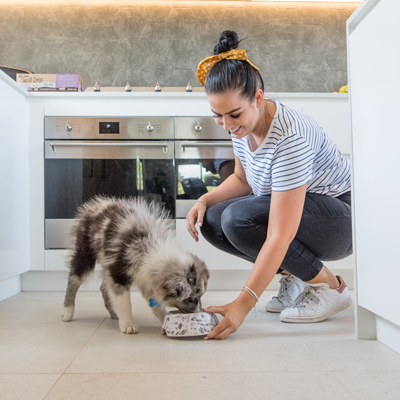
A guide to raw feeding your puppy
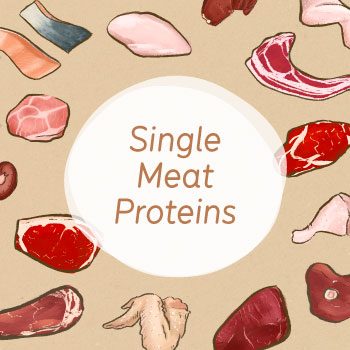
Which single meat protein diet is right for my dog?
FAQs
Can I feed my puppy Big Dog?
Yes.
If your puppy was weaned onto a raw food diet, you can generally transition straight to a 100% Big Dog diet. You can start them on any flavour from our core range (Beef, Chicken, Combo, Tasmanian Salmon, and Lamb.). Most people choose Chicken as it is highly palatable, especially when starting off on raw food for the first time. Alternatively, our Combo for Small Dogs diet may be most suitable for smaller pups. Our Raw Bites along with our Combo for Small Dogs recipes are minced more finely and is portioned into smaller sizes, which can help reduce wastage in the transition phase or in smaller breeds. Please be aware that our food will last about 2 days in the fridge once defrosted.
If your pup was weaned onto cooked or processed food (canned food, dry food or cooked rolls) then we recommend to introduce our food slowly. A raw food diet is very different to a processed cooked diet and any sudden change of diet can create stomach upsets and gradually transitioning helps to minimise this.
Please follow these guidelines, whilst monitoring your puppy’s stools. Loose stools are OK during the transitioning period, but do make sure there is no persistent, watery stools.
Day 1-3: 20% New Diet 80% Old Diet
Day 4-6: 40% New Diet 60% Old Diet
Day 7-9: 60% New Diet 40% Old Diet
Day 10-12: 80% New Diet 20% Old Diet
Day 12+: 100% New Diet
Just keep an eye on their weight to make sure you’ve got the feeding amount right – you’ll find our guide on our boxes and on each product page. This is a great starting point for feeding. Keep in mind that feeding guides are general and optimal feeding amounts may vary with age, size, breed, and activity level. Increase or decrease the amount your pup consumes daily to ensure a healthy weight is maintained.
A Guide To Raw Feeding Your Puppy
Can I mix kibble and raw together?
Yes! You absolutely can co-feed kibble and raw. In fact, if your dog was on a kibble diet beforehand, mixing kibble and raw is how we recommend they transition over 10 - 12 days. This helps to ensure they have time to get used to the introduction of raw food into their diet. If you wanted to read more about transitioning your pet, read this.
We believe that any inclusion of raw food into your pets diet will benefit them however, if you’d prefer to feed a mixture of diets on an on-going basis, also known as co-feeding, ensure to adjust the feeding portions to reflect this.
For example if you choose to split your pet’s diet into 50% of a Big Dog diet and 50% of another diet, we advise to only feed half the recommended feeding portion for each diet.
For dogs and cats that have more sensitive stomachs, their diet can still consist of a raw diet and a kibble diet however if you notice any issues it could be advised to feed these two diets at different time, for example feed raw in the morning and their other diet at night, or vice-versa.
What is a raw food diet?
Raw food diets by definition are diets comprised of nothing but raw food. These can take many forms and the most popular of these is a BARF diet. BARF stands for biologically appropriate raw food or bones and raw food. This dietary model is based on the evolutionary diet animals would have eaten in the wild. Evolutionary raw diets are made up of fresh raw meat, offal, crushed meaty bones, vegetables, fruits and other healthy ingredients.
For more information on a Raw food diet for dogs – visit, “Evolution for dogs and a species appropriate diet”
Raw food diets are different for dogs and cats as they have different and unique dietary requirements.
All Big Dog raw diets are 100% natural, no synthetic vitamins and minerals, artificial chemicals, colours, flavours or preservatives are present. All Big Dog diets are raw and uncooked to best preserve the quality and nutritional value of the proteins.
Check out the Big Dog product range for dogs and cats here.
How long does a patty last? How long can I store it for?
Our patties are safe to use up to their expiry date as long as they have been correctly stored and frozen for the whole duration. After thawing the patty, we recommend they be kept in a sealed, airtight container in the fridge, and used within 2 - 3 days. Discard any thawed product that no longer looks or smells fresh. If you have a small dog and find our patties are too big for you to get through in time, check out our Big Dog for Small Dogs product and our Raw Bites.
Can I cook your food?
No. Our dog recipes contain crushed real bone. Not only does cooking change the nutritional value of the fresh healthy ingredients, cooking bone results in it becoming brittle, potentially splintering and should not be ingested by your dog in this state.
The exception to this is our Nourish Nutrition and cat recipes. While we recommend feeding them raw, it is safe to lightly cook these recipes, if necessary as they do not contain crushed bone.
Do your products contain preservatives?
Absolutely not, at Big Dog, when we say 100% natural we mean 100% natural. This means no added preservatives, no modern preservation methods like irradiation which impact the nutritional quality of the food nor do we add any synthetic additives such as vitamins and minerals, colours or flavours.
Our preservation method for our food is freezing and once our product has been thawed, it will last 2-3 days when kept in the fridge.
Whilst our food may last longer than 3 days, be sure to keep an eye out for signs of deterioration of the product like ballooning of the packaging. If this occurs, do not serve your pet and dispose of the product.
Are low fat diets suitable for puppies?
We generally don’t recommend our Kangaroo recipe for puppies who need a higher fat diet to fuel them as they grow. In instances where a puppy has a suspected allergy and a low allergen protein, like Kangaroo is suitable, extra fat will need to be added to the diet to increase these levels for puppies, or you will need to feed MORE of these recipes to make sure they're getting enough calories each day.
Puppies requiring single protein diets can eat our Turkey or Goat single protein recipes.
